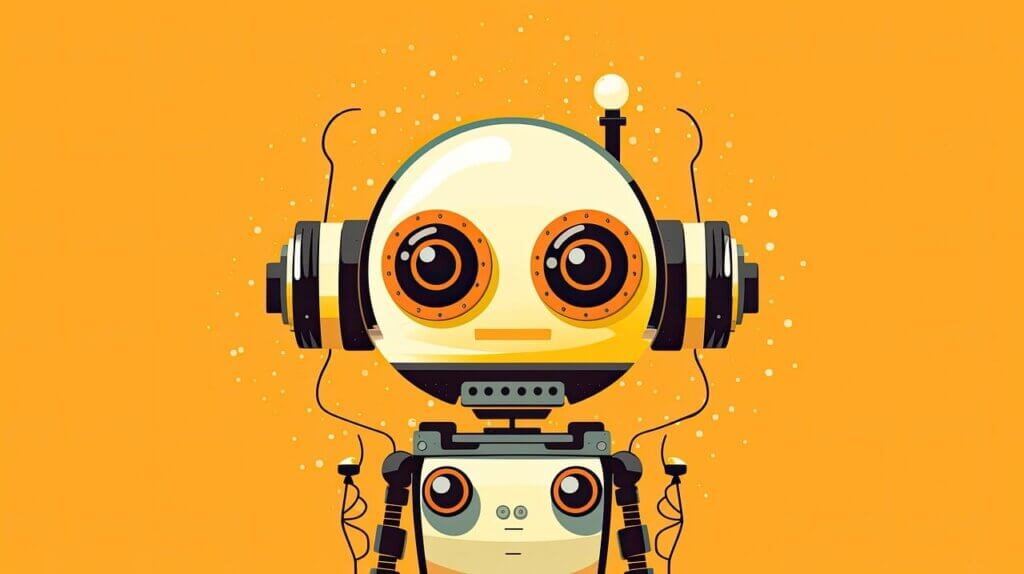
AI Therapy Chatbot
Introduction
In a groundbreaking clinical trial, researchers from Dartmouth College have demonstrated that an AI-powered therapy chatbot, named Therabot, can deliver care comparable to traditional therapy. Over an eight-week period, participants with diagnosed mental health disorders experienced significant improvements in their symptoms. This study highlights the potential of AI-driven solutions to address the growing demand for mental health support.
Clinical Trial Overview
The trial involved 106 individuals across the United States diagnosed with major depressive disorder, generalized anxiety disorder, or eating disorders. Participants interacted with Therabot via a smartphone application, engaging in text-based conversations initiated by the chatbot or by the users themselves.
Key Findings
- Depression: Participants reported a 51% average reduction in depressive symptoms, leading to notable improvements in mood and overall well-being.
- Anxiety: Those with generalized anxiety disorder experienced a 31% average reduction in symptoms, with many transitioning from moderate to mild anxiety or falling below the clinical threshold for diagnosis.
- Eating Disorders: Individuals at risk for eating disorders showed a 19% average decrease in concerns related to body image and weight, outperforming a control group within the trial.
These outcomes suggest that AI-assisted therapy can yield clinically meaningful benefits comparable to traditional outpatient therapy.
Participant Experience and Engagement
Users reported high levels of trust and effective communication with Therabot, equating the experience to working with a human mental health professional. The chatbot’s ability to provide real-time, personalized interactions contributed to its effectiveness and user satisfaction.
Implications for Mental Health Care
The success of Therabot underscores the potential of AI-powered therapy to bridge gaps in mental health care accessibility. With a significant shortage of mental health providers—averaging one provider for every 1,600 patients with depression or anxiety in the U.S.—AI solutions like Therabot can offer immediate support to those lacking regular access to professional care.
Nicholas Jacobson, the study’s senior author and associate professor at Dartmouth’s Geisel School of Medicine, emphasized that while AI cannot replace in-person therapy, it can complement existing services to meet the high demand for mental health support.
Caution and Future Directions
Despite promising results, researchers stress the necessity of clinician oversight when integrating AI into mental health care. Michael Heinz, the study’s first author and assistant professor of psychiatry at Dartmouth, highlighted the need to understand and mitigate risks associated with generative AI in therapeutic contexts. Ensuring safety and efficacy remains paramount as AI continues to evolve in this field.
Conclusion
The clinical trial of Therabot marks a significant advancement in the application of AI in mental health care. By delivering therapy that mirrors the effectiveness of traditional methods, AI chatbots like Therabot have the potential to revolutionize mental health support, making it more accessible and responsive to individual needs.






